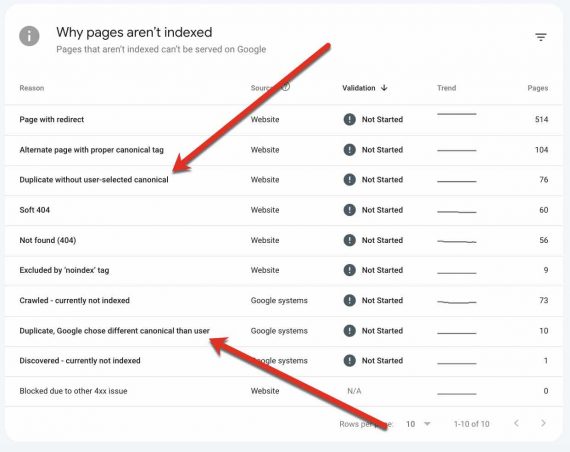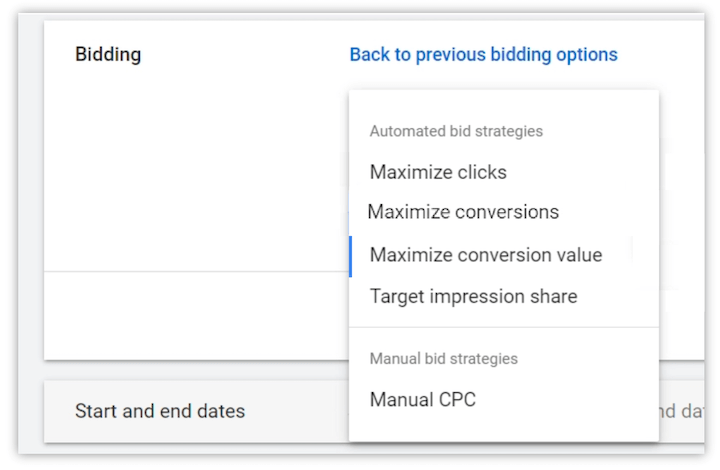Phone: Phone call conversations are a great way to show your prospect your expertise and demonstrate that you want what’s best for them. However, you don’t have the phone equivalent of an email subject line to catch your prospect’s attention. In fact, you have the opposite–a foreign number appearing on their phone. With the phone call approach, it’s important that you nail down your voicemail message so that you give your prospect a reason to call you back. Like emails, you’ll also need to call more than once.
For example, your schedule might look like this:
2. Respond in a timely fashion
Arrange for a thank you or welcome email or phone call to be made within 12-24 hours after a lead comes in. Offer to answer any questions they may have to demonstrate the care and attention you provide to each customer.
4. Personalize your communication
Lead prospecting is all about remaining in front of your clients without getting on their bad side … a sort of omnipresence, if you will. Your goal shouldn’t necessarily be to convince them to buy, but rather to be there when they’re ready to buy. This type of reliability bodes well for your brand and makes those leads feel respected and valued. What better way to cultivate your customer base than that?
Anything more than that and you run the risk of getting the brush off.
Remember, it typically requires 7-10 touches before a conversion happens. Creating a follow-up schedule will ensure you remain consistent with your communications and prevent you from letting the leads you worked so hard to attain fall through the cracks. Your communications calendar should aim to keep you top of mind with your leads but not become a nuisance.
Qualifying your leads is a very important step and should be done as early as possible. Don’t get trigger happy and abandon leads because they may take a bit of work to close, but be smart about what you’re chasing down. Three qualifying categories to consider:
If you have a CRM (contact/customer relation management) system, you’re way ahead of the game. CRM’s allow you to keep a record of all customer outreach and the results of those communications. If you don’t have a CRM, no worries – that’s what Excel is for! Simply create a spreadsheet that includes your prospects’ contact information and notes regarding the dates and methods used to nurture those leads.
As you can see in the email example above, it’s a good idea to personalize your correspondence by including the recipient’s name in your emails, sending them information based on the pages visited on your website, or responding personally to an online inquiry instead of pushing canned responses.
6. Create a follow-up schedule
Email: Emails are slightly less invasive than phone calls, and give the lead the opportunity to read and respond at their convenience. Yet given how many emails we get each day, the chances of your email getting lost in the shuffle are high, so it’s important to follow up more than once. In your follow-ups, be sure to use intriguing and appropriate subject lines, and to offer useful content rather than just pitching your offerings.
We don’t mean to reach out directly using every single communication tool you have! Just be sure that you’re readily available no matter your lead’s preferred medium. So, respond to social media messages quickly, answer your phone and return calls promptly, and check your inbox.
- Emails: once per week
- Phone calls: once per month
- Face to face: once per quarter
It’s go time! Your marketing campaigns have paid off and you’ve been inundated with fresh leads to hopefully turn into sales. That last part hinges on your ability to strategically and effectively follow up on those leads without letting any fall by the wayside or scare them off by coming on too strongly. And effectively following up means doing so multiple times. According to Marketing Donut, 80% of sales leads require five follow-ups after the initial contact, but only 8% of salespeople actually follow up this many times.
7. Track communications
Text message: Sending text messages may be better for leads with whom you’ve already communicated. Pay close attention to your conversations with them and base your follow up texts on those needs.
8. Learn when to abandon lost causes
Organize the leads into at least three groups: Hot, warm, and cold. Seems a bit remedial, but trust us, you’ll want to take note of the leads’ temperatures so that you don’t treat them like one size fits all.
- Do they have the means to make a purchase?
- Are they motivated?
- Are they the decision-maker?
If you discover they’re not qualified at this time, don’t toss their info! Put them in a “to be followed up with later” file and create a campaign to target those leads which you’ve put on the back burner down the road when their circumstances may have changed.
Follow up with your sales leads the right way
Here are a few of the communication methods you may try out:






